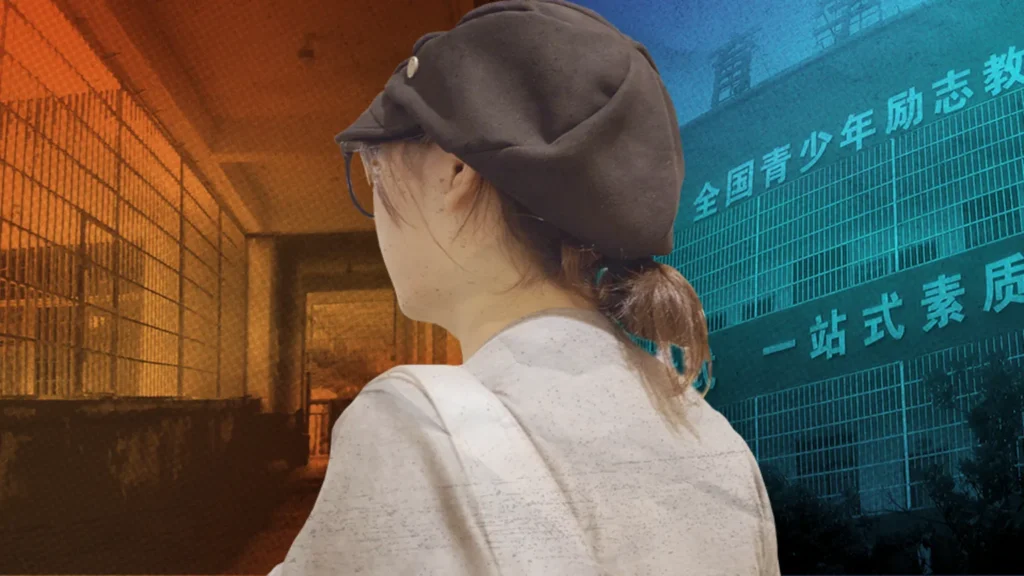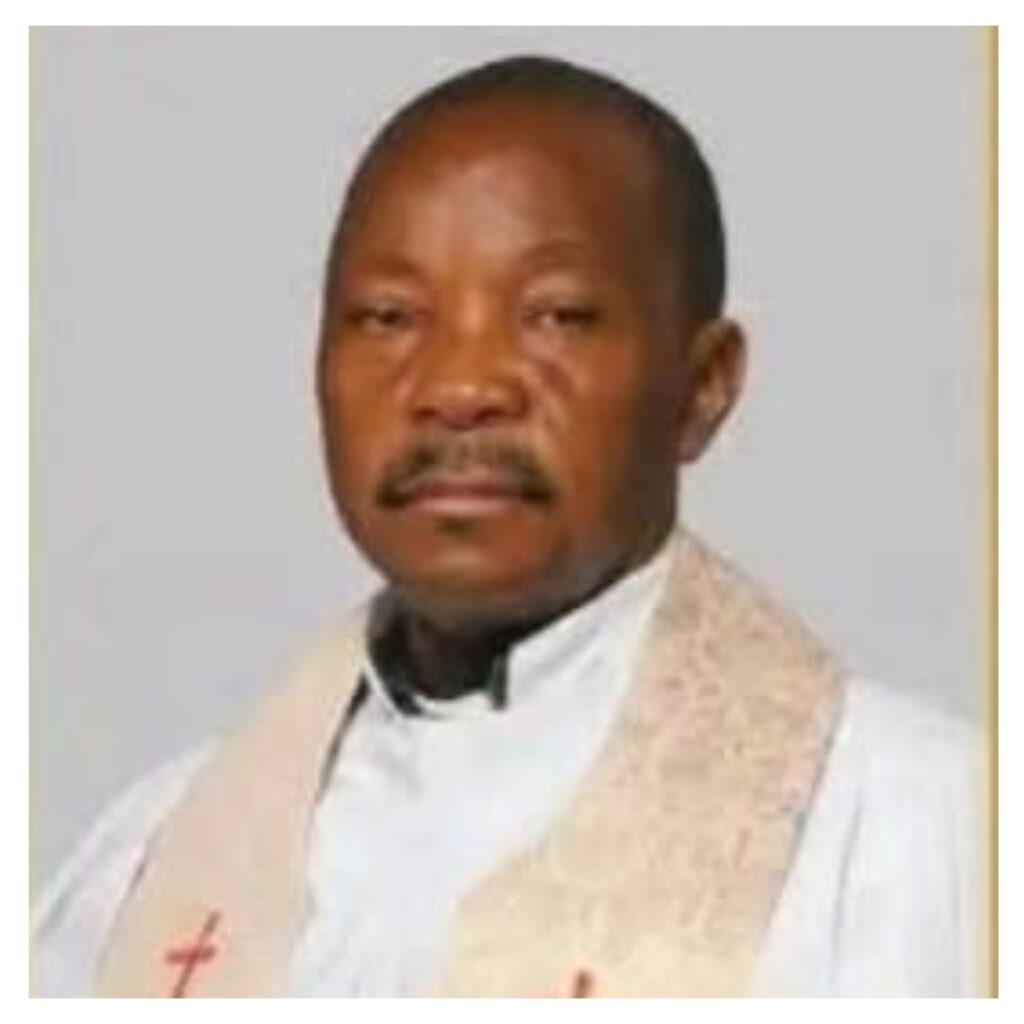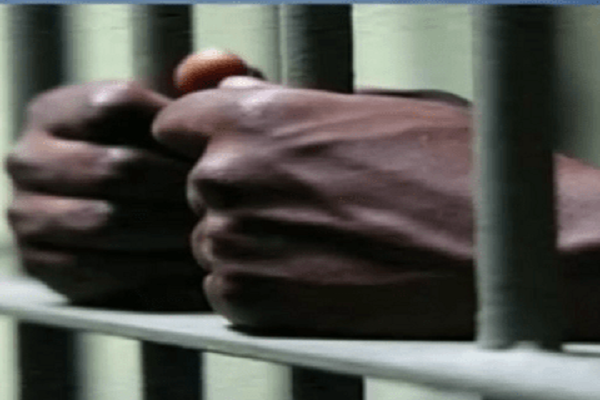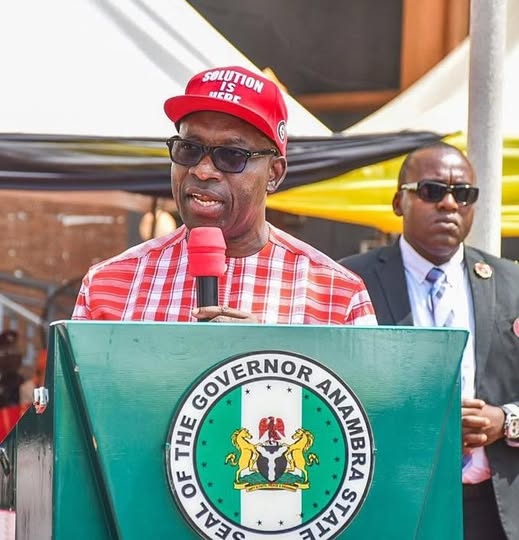Now Reading: After 26 Years on Death Row for Buying a Stolen Generator, Ogbonna Igbojionu Walks Free and Reunites with Mother in Emotional Homecoming
-
01
After 26 Years on Death Row for Buying a Stolen Generator, Ogbonna Igbojionu Walks Free and Reunites with Mother in Emotional Homecoming
After 26 Years on Death Row for Buying a Stolen Generator, Ogbonna Igbojionu Walks Free and Reunites with Mother in Emotional Homecoming
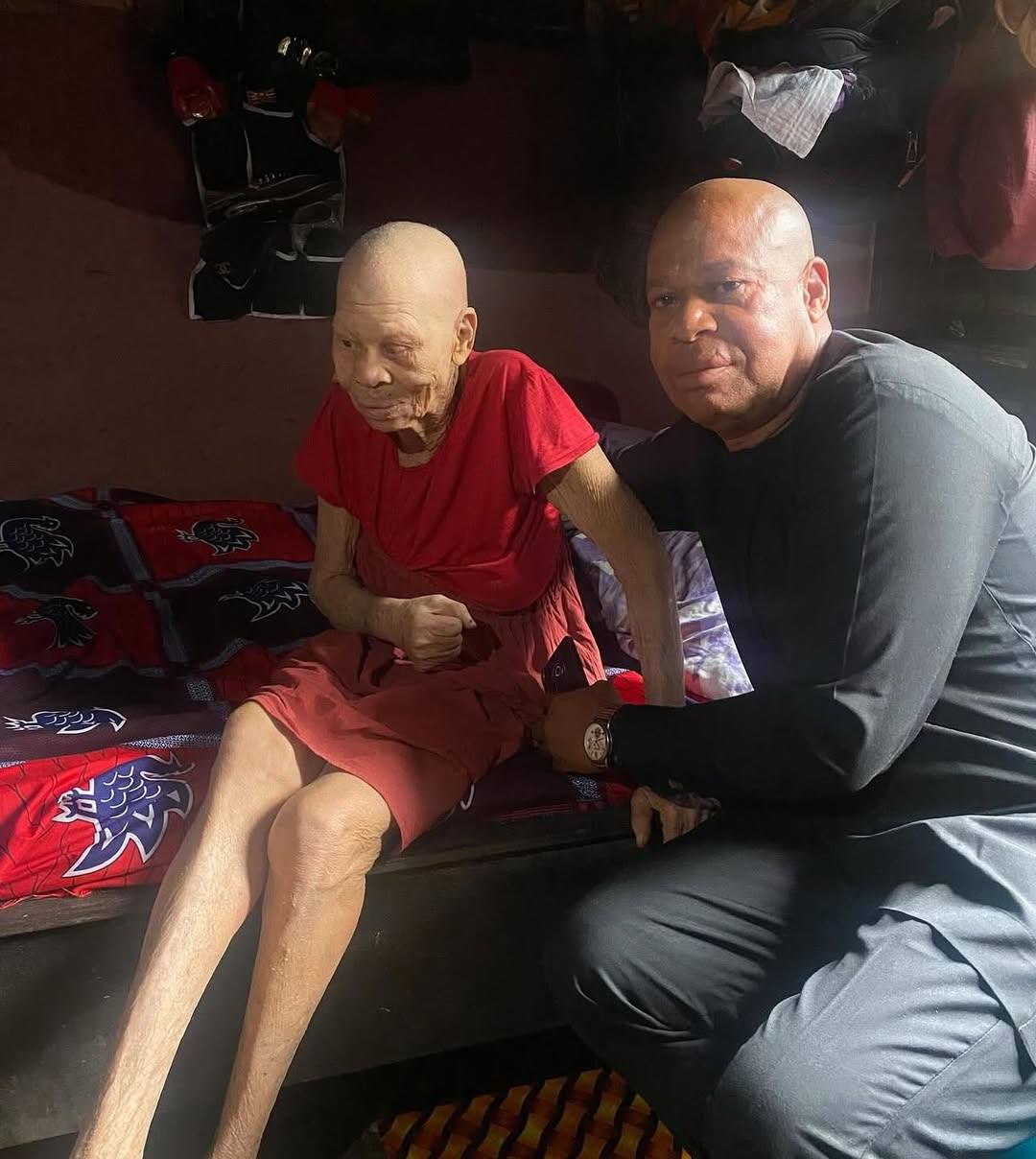
Tears flowed freely as 48-year-old Ogbonna Igbojionu embraced his mother for the first time in 26 years after regaining freedom from Kirikiri Maximum Security Prison, where he had languished on death row since 1999 for unknowingly purchasing a stolen generator. Ogbonna, then a 22-year-old trader from Abia State, was arrested during a police raid and convicted in a trial that legal rights groups have since described as a gross miscarriage of justice.
Court documents reveal that Ogbonna was accused of robbery for buying the generator from a third party, unaware it had been stolen. Despite maintaining his innocence and lack of criminal history, he was sentenced to death by hanging under a sweeping military-era law that offered little room for nuance. With no access to proper legal defense or appeal support, Ogbonna was condemned to spend over two decades in solitary confinement, awaiting execution for a crime he didn’t commit.


His release was secured through the intervention of the African Centre for Justice and Human Rights (ACJHR) in collaboration with the Lagos State Advisory Council on Prerogative of Mercy. Following a legal review in April 2025, the Council discovered glaring inconsistencies in his conviction, including lack of concrete evidence and failure of the original prosecution to establish criminal intent.
Ogbonna’s case sparked national attention after a viral social media campaign launched by legal activist Uzoamaka Nwachukwu gained traction earlier this year, calling on the Lagos State Government to revisit the cases of over 1,200 inmates languishing under questionable sentences. Governor Babajide Sanwo-Olu authorized a review panel, which led to Ogbonna’s name being included in the list of 37 inmates granted clemency in June 2025.
His return to his hometown in Abia State was nothing short of cinematic. Villagers lined the roads with palm fronds, drums echoed through the streets, and elderly women ululated as he arrived at his mother’s modest bungalow. The reunion between mother and son was heartbreaking yet hopeful, as both collapsed in each other’s arms, sobbing uncontrollably. “I never stopped praying,” his mother whispered through tears. “They took my son, but God gave him back.”
Ogbonna has since revealed that he plans to spend the rest of his life advocating for prison reforms and wrongful conviction awareness. “There are many more like me still in there,” he said during a press interview. “I’m not bitter, but I won’t be silent. If the system can ruin a man’s youth over a generator, then it needs fixing.”
Human rights groups are now pushing for compensation and a national audit of wrongful death row convictions, citing Ogbonna’s case as a wake-up call. Many Nigerians are demanding accountability from the police officers, prosecutors, and judges involved in the flawed case, and calling for a fast-tracked review of all death row files dating back to the late 1990s.
